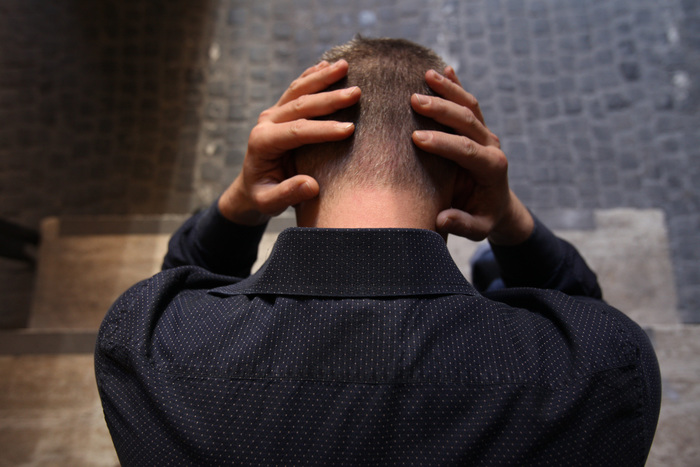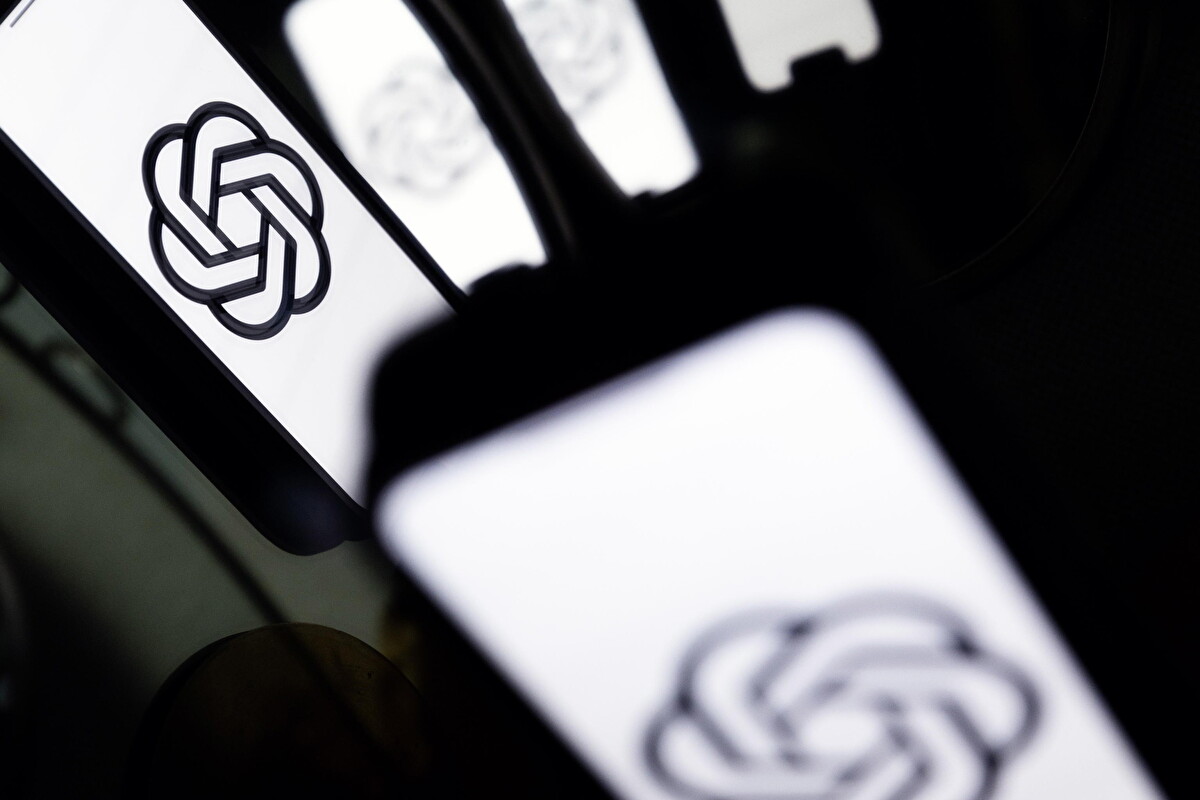The 988 national suicide hotline has received almost 10 million calls, messages, and chats in the two years after the Biden administration established the three-digit hotline, according to the US Department of Health and Human Services (HHS).
Callers requested assistance for problems such as depression, substance abuse, and thoughts of suicide in order to be connected to services in the community and qualified specialists. Ninety-eight of those contacts—or 1.7 million—were text messages, and the number of people who responded to those texts increased by 51 percent in the previous year, as reported by HHS.
Of the 988 calls, 1.2 million were placed to the Veterans Crisis Line, which is a dedicated line for veterans. According to the HHS, 988 has also responded to over 475,000 calls, messages, and chats from LGBTQ Americans since last year. Additionally, 988 has handled about 20,000 conversations and texts in Spanish and 20,000 video calls in American Sign Language (ASL).
Despite the impressive numbers of interventions on the hotline, and the praise it has received by federal officials, a recent poll found that a sizable portion of Americans are still unaware of its existence. According to a National Alliance on Mental Illness (NAMI)-Ipsos poll released on Monday, just 23% of Americans polled claimed to be at least somewhat aware with 988, despite the fact that 67% of respondents stated they had at least heard of it in June 2024.
In the United States, police enforcement has traditionally handled mental health crisis calls to 911, although studies show that this can result in unnecessary violence and deaths. Behavioral health issues are involved in about 20% of police-related fatalities nationally, and over 20% of those slain by police had a documented mental health diagnosis. This is why mental health activists hoped that the new number would become well-known and replace 911 for persons facing mental health emergencies, reducing violent encounters and connecting people with the treatment they require.
When it came to calling the 988 hotline in times of crisis related to mental health, drug abuse, or suicide, Black Americans were the most likely to have done so (6 percent). The same was stated by 5% of respondents who identified as Hispanic, 5% of respondents who identified as Asian American Pacific Islander (AAPI), and 2% of respondents who identified as White.
The federal government plans to launch a nationwide push to support 988 throughout the summer. According to a government official familiar with the effort, that would involve sponsored marketing especially targeted at-risk demographics such as LGBTQI+ teens and adults, Alaska Native youths, and Black youth.












